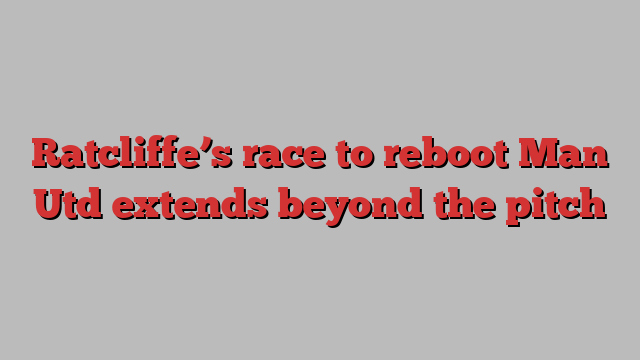
Sir Jim Ratcliffe promised to reboot one the world’s most famous sporting institutions when he bought a 27 per cent a stake in Manchester United in December. The petrochemicals billionaire has wasted little time.
Eight months on, new executives have been drafted in, hundreds of job cuts announced, the playing squad upgraded and the coaching staff bolstered. The lengthy process of upgrading the club’s tired stadium and outdated training ground has started.
But after years of disappointment and drift, can a hard-driving approach honed in the cut and thrust of the chemicals industry restore the 20-time champions of English football to glory?
“Sports teams aren’t generally known for being leading edge in terms of efficiency,” said Tim Fidler, director of research at United shareholder Ariel Investments. “Ineos has clearly built up a business over many years that has that as a strategy.”
Ratcliffe is driving the changes with a handful of trusted lieutenants from his chemical empire Ineos, which has a wealth of experience in elite cycling, sailing and motorsport, even as the billionaire Glazer family remain majority owners of United.
In keeping with Ineos’ reputation for a ruthless focus on lean operations, Ratcliffe has moved quickly to make his mark at United, a club known in the industry for a bloated workforce. Around 250 jobs — almost a quarter of the workforce — are at risk in a redundancy programme.
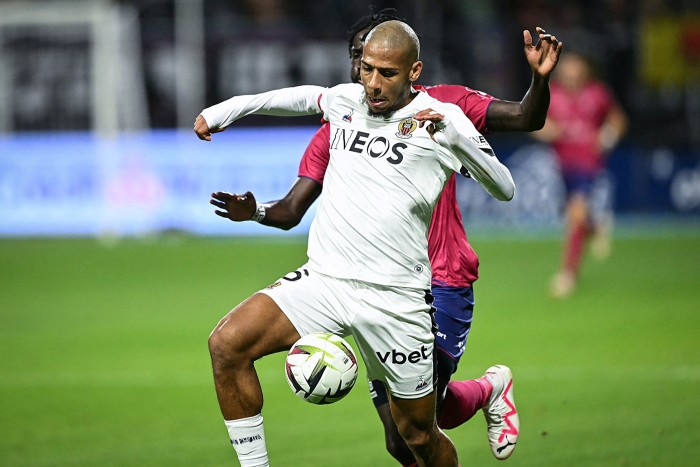
The plan is to “cut very deep on costs”, according to one person with knowledge of the situation, who said that staff morale is low. “These guys are not messing around . . . it could be a bumpy ride.”
The rapid steps to transform the club are in contrast to the experience at OGC Nice, the French football team that Ratcliffe acquired in 2019.
Ineos initially took a light-touch approach, leaving power left in the hands of long-standing executives. When results failed to improve, more drastic changes followed.
The overhaul at United also supports the view that disentangling United’s sporting operations, which Ratcliffe assumed responsibility for as part of his purchase of a stake, from the rest of the club would prove impossible.
With the start of the Premier League season just a month away, some question whether Ratcliffe’s methods will successfully translate to English football’s most successful club.
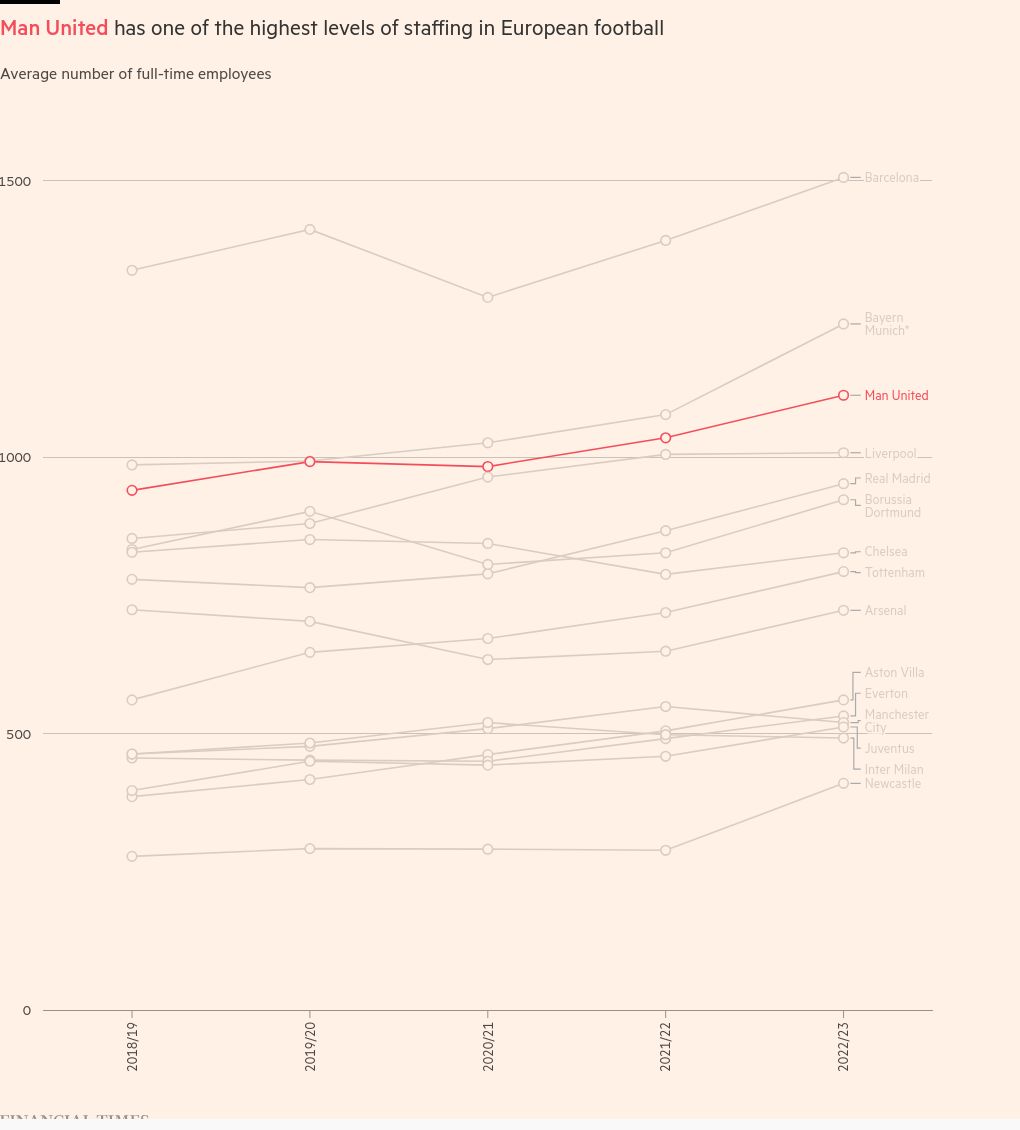
“Ineos very much have the approach of big industry; they’ve been spectacularly successful and feel like they can apply those to football,” said one senior United figure. “But every business is different, and there’s a lot of soft skill in football.”
Ratcliffe’s task is one of the toughest in football. United has failed to win a league title since Sir Alex Ferguson, the club’s most successful manager, retired in 2013. Last season the team finished eighth, United’s lowest position since the formation of the Premier League more than 30 years ago.
The prolonged period of underachievement cannot be pinned on a lack of money. Since Ferguson’s retirement, the club has paid €1.85bn on transfers, according to figures from Transfermarkt, while recouping around €500mn from sales.
The €1.34bn net spend in that period is the highest in global football.
Andrea Sartori, founder of consultancy Football Benchmark, said the post-Ferguson era had been “very bad” across a range of metrics.
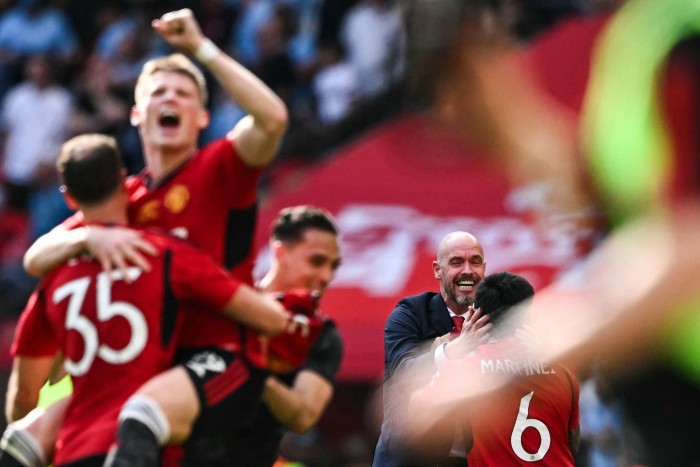
“Whether we are looking at the transfer market spending or success on the pitch — all of the numbers, they just don’t look great,” he said. “Looking at profit before or after tax, the last ten years have pretty much been a disaster.”
Following last season’s disappointing performance in the league, United held talks with several potential new managers but ultimately opted to extend the contract of Dutch head coach Erik ten Hag, who led the team to victory in the FA Cup.
But there have been changes in the dugout, with former United fan favourite Ruud van Nistelrooy among the new arrivals on the coaching team, while Dan Ashworth, previously of Newcastle United, has been installed as the new sporting director.
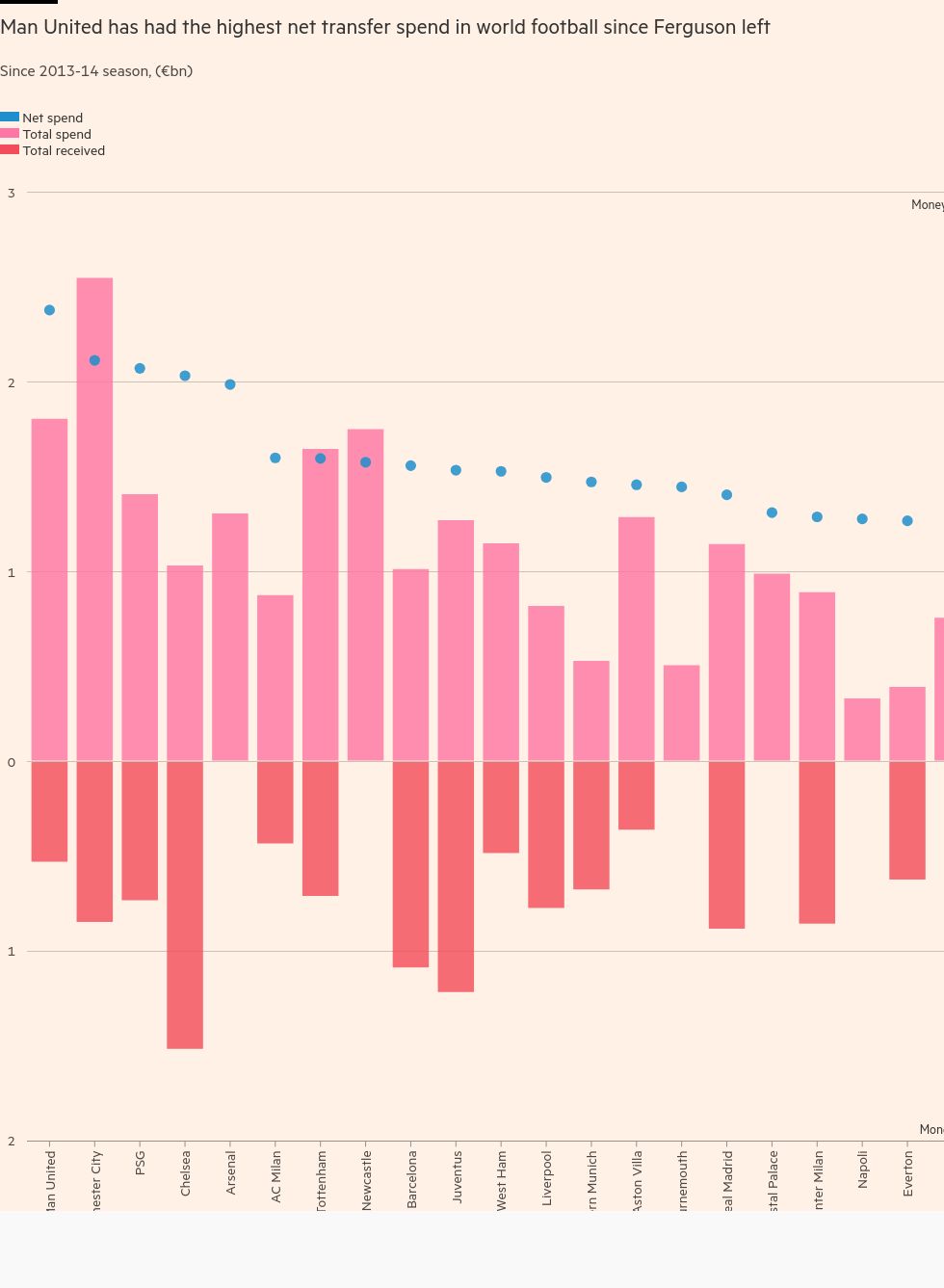
Changes in senior management have been significant, a sign that Ratcliffe’s influence has extended well beyond sport.
Omar Berrada joined from arch rival Manchester City as chief executive, Ineos executive Roger Bell replaced long-standing finance chief Cliff Baty, while general counsel Patrick Stewart stepped down after more than 18 years at the club.
“It’s about time someone acted sensibly. It shouldn’t be seen as revolutionary that an overblown workforce is trimmed and a clear governance structure is implemented,” said Chris Brady, chief intelligence officer at sports advisory firm Sportsology.
United has also moved quickly to strengthen the squad, bringing in Netherlands forward Joshua Zirkzee from Bologna for €42.5mn and talented young centre back Leny Yoro from Lille for €62mn. In a letter to fans this week, Berrada said the summer transfer window would be among his “immediate priorities”.
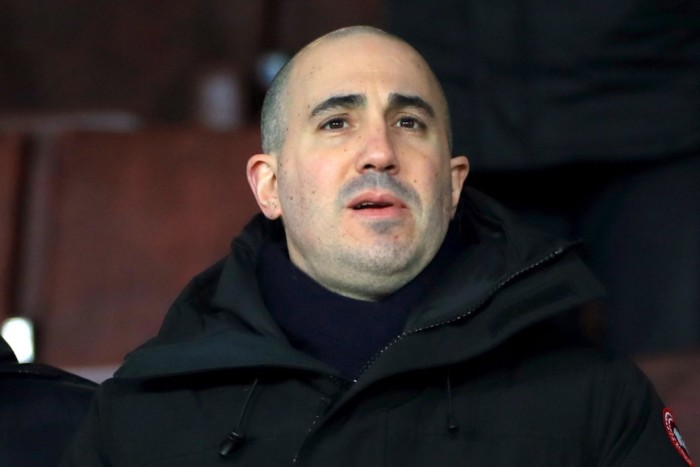
“I can promise you that we will do everything we can to deliver the titles, trophies and culture expected of this club,” Berrada wrote.
But United is operating in a tougher regulatory environment than in years gone by. The Premier League has come down hard on teams for breaching rules that limit losses to £105mn over three seasons.
United, which has not generated an annual profit since before the pandemic, has been among those pushing for the rules to be rethought.
Earlier this month, the club reported a third-quarter net loss of more than £71mn, compared to £5.5mn a year earlier, in part due to £30mn in costs related to Ratcliffe’s stake purchase.
Meanwhile the Monaco-based billionaire’s changes are being brought in without him having full ownership of the club.
The Glazers, particularly executive co-chair Joel, remain heavily involved in many of the big decisions, including senior appointments, according to people with knowledge of the matter.
One said the ownership group was “very aligned”.
A senior sports executive who knows the club well said Ineos would have to be keen to demonstrate change. “The message to the players is: ‘It wasn’t you, it was the environment’,” the executive said. “Hopefully it creates a honeymoon period.”
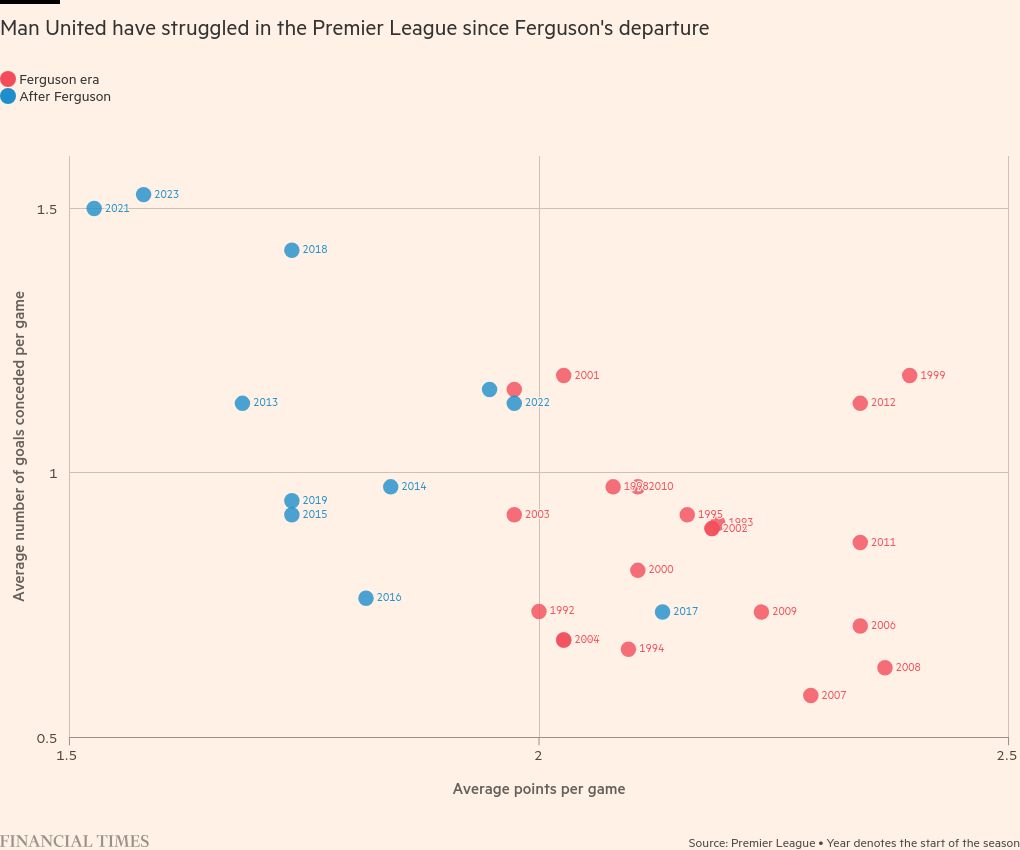
While improvements on the pitch remain the short-term focus, the Ineos founder’s equity injection has also given United the impetus to begin investing in its infrastructure, including a £50mn project to modernise the men’s training complex at Carrington.
The far bigger challenge will be upgrading or replacing the club’s home ground. Old Trafford remains the biggest club stadium in English football, but rivals, such as Tottenham Hotspur, have built more modern facilities that generate significant revenue beyond match days.
Ratcliffe has put together a task force to consider the options that includes former United player Gary Neville and Lord Sebastian Coe, who chaired the London 2012 Olympics. He has also floated the idea of seeking public money to help with the costs of creating a “Wembley of the North”.
But with tighter regulation and a recent history of losses, Sartori said the challenges facing Ratcliffe are “significantly more difficult to fix” now than they might have been 10 years ago.
“In other businesses you have a certain degree of predictability on your return on investment,” he said. “I don’t think football does — that’s the beauty of it.”
United decline to comment.